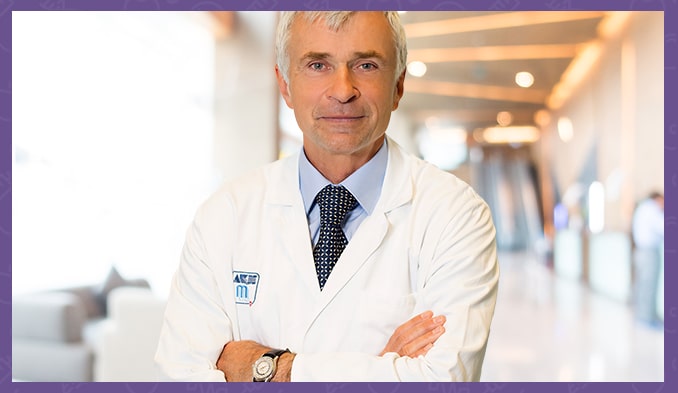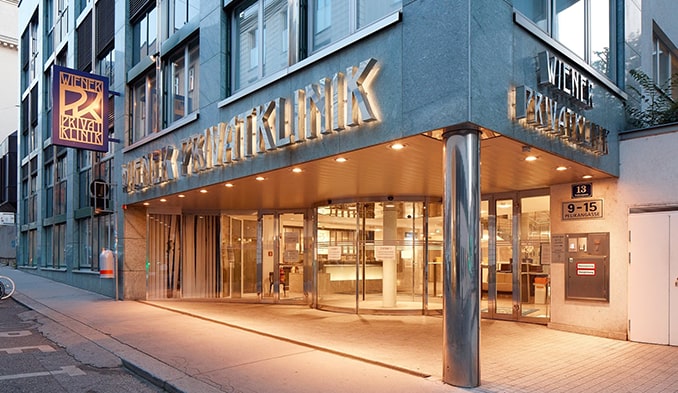-
What are the signs of lung problems and what are the main risk factors for developing lung cancer?
Some of the signs of lung cancer to watch for include difficulty breathing, coughing, phlegm, and chest pain. Frequent use of tobacco products and the effects of dirty air on the body are among the top risk factors of the disease.
-
How many varieties of lung cancer are known?
There are two types of lung cancer that are most common - small cell and large cell. The difference between them lies in their biological behaviour. Usually, surgical intervention is required in the treatment of large cell cancer, whereas systemic therapy is used in small cell cancer.
-
Can regular check-ups reduce the risk of developing the disease?
Frequent prophylaxis is essential, especially for people at increased risk of developing the disease. It is recommended to have a CT scan every 3 years.
-
Could this type of cancer be genetically transmitted?
This type of cancer is not hereditary. However, it is important to note that some factors predisposing to the disease can be passed on genetically.
-
Is it possible to develop lung cancer as a result of pneumonia?
Pneumonia alone cannot lead to the development of lung cancer. In most patients, the spots on the lung are usually mistakenly associated with pneumonia, when in fact their appearance is due to a tumor in the patient's body.
-
What are modern methods of treatment?
Modern treatment includes both surgical and systemic methods, such as chemotherapy, immunotherapy and targeted therapy. The choice of the appropriate treatment method is determined by the type of tumour.
-
What percentage of lung cancer patients are successfully treated and are there significant differences in the symptomatology of the disease in Austria and Bulgaria?
Compared to Austria, Bulgaria has a significantly higher number of smokers. However, there are no differences in disease symptoms in the two countries. As regards the percentage of patients successfully cured, it depends on the type of disease and its development. If the cancer is diagnosed at an early stage, the probability of successful treatment is about 80%. In the second stage, the percentage drops to 50-60%. When the cancer is already at an advanced stage, the cure rate is only between 10 and 30%.





